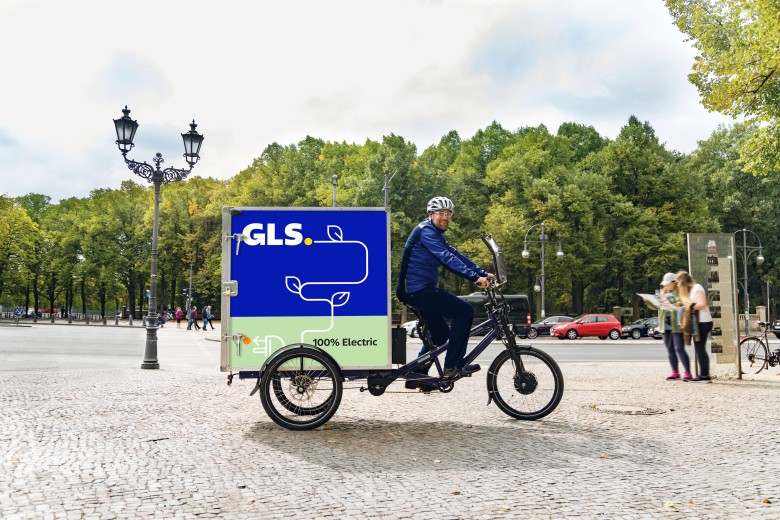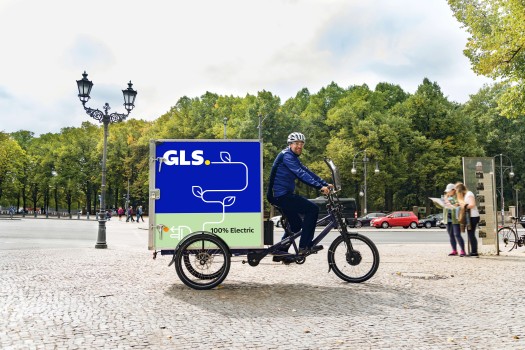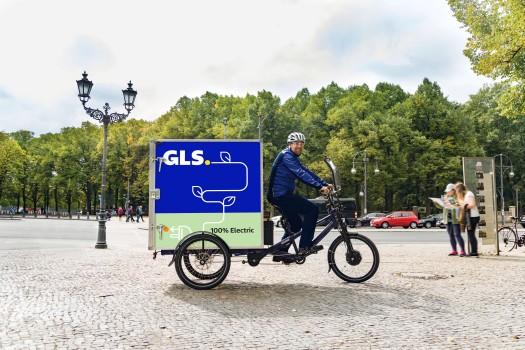Environmental protection
At GLS, we care about our effect on the world around us. Every parcel and its related logistics and transport processes have an impact on natural resources and cause carbon emissions. We want to continue our mission in connecting people around the world whilst protecting the environment for future generations. Therefore, climate and environmental protection are central components of our sustainability activities.
We launched our group-wide environmental strategy Climate Protect, aiming to maximise our impact on environmental protection and ensure that knowledge and efforts are shared and executed across our entire international network.
At the end of 2023, GLS Group committed to setting near-term and long-term science-based targets to reduce greenhouse gas emissions across its operations in line with the Science Based Targets initiative. Read more about our commitment
here .
Environmental measures
Working towards more responsible parcel delivery and efficient use of resources
The GLS Group is committed to environmentally friendly parcel delivery through its programme of measures. The aim is to use resources as efficiently as possible and optimise transport processes.
You can find more detailed information on our measures in the latest GLS ESG report.
-
Conversion of the vehicle fleet
Conversion of the vehicle fleet
GLS is increasing fuel efficiency and reducing greenhouse gas emissions. All vehicles in the fleet – i.e. those used by our transport partners and the in-house fleet of company cars – are gradually being replaced with more eco-friendly models.
-
Electric vehicles
Increased use of electric vehicles
GLS is increasingly turning to alternative delivery methods, with natural gas vehicles, battery-powered vehicles, scooters, cargo trikes and even in-line skates all used to deliver parcels. These vehicles reduce our emissions and complement our existing fleet.
-
Transport planning
Transport planning
GLS uses state-of-the-art, IT-assisted planning instruments to improve operating processes and transport routes. Journey lengths are systematically minimised through optimised route planning.
-
Sites
Green construction
GLS builds in an eco-friendly way, with environmental aspects explicitly factored into new builds, replacement buildings and extension projects. The use of rainwater, photovoltaic technology, recyclable building materials and heat pumps plays a vital role.


